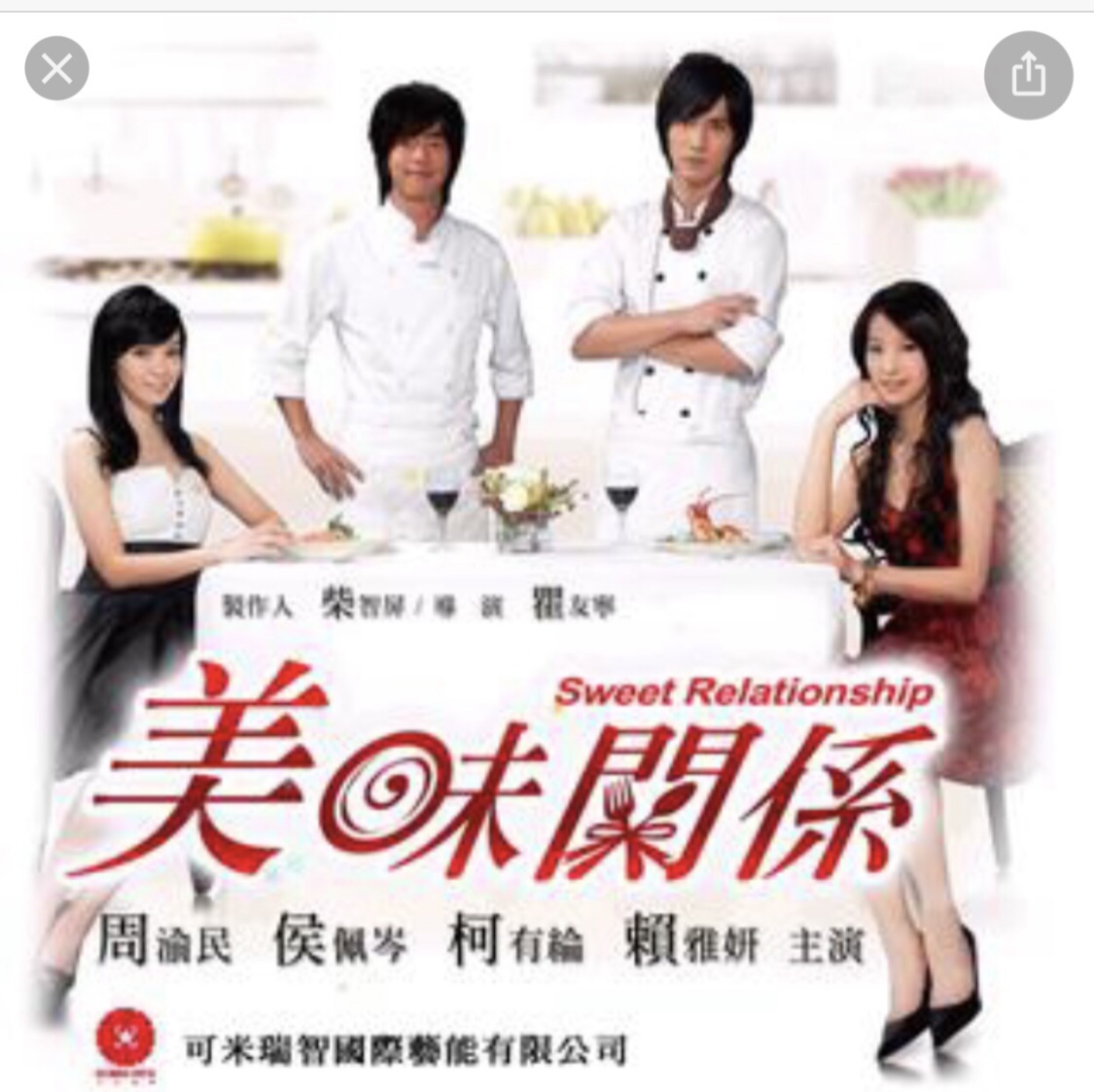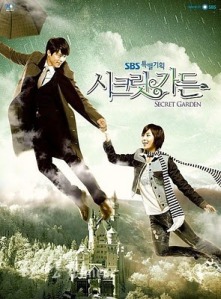
Princess Hours (Goong) (2008) is one of my most favorite drama of all times. So when I learned that there was going to be a Korean remake, I googled all the news about this. In the process, I found out that there is actually a Thai version of this Korean drama. I was curious about this so I searched YouTube for a version with an English subtitle (mit was not available on Netflix). Luckily, I found one. The translation is quite bad but since I know the story already, I was able to understand and get the drift.
Synopsis
This Thai adaptation takes place in an imaginary country called Bhutin, which is governed by a King as constitutional monarch. Since the King has an ailment and for the dynasty’s stability, he married off his son, the Crown Prince Inn to Khaning, the grandaughter of the King’s father’s aide, in keeping with the promise of the late King to his aide and best friend. The marraige didn’t begin smoothly, as the two did not really know each other, complicated by a relationship of the Prince Inn to another girl, Minnie. Through time and through the web of intrigues and scandals manipulated by a former Royal Consort, Prince Inn and Khaning fall in love with each other and live happily ever after.
My review
I found the actors very good looking and Khaning is really very pretty and cute. Their acting though were so-so and the chemistry between the characters were lacking, especially between the two leads, Prince Inn and Khaning. The plot was poorly developed as well as the characters. I felt excited during the first four or five episodes, in anticipation of a reprise of the thrill I felt while watching the original Korean Princess Hours back in 2008. But after a few more episodes of trying to navigate through the bad translation, so-so acting, medicocre OST, and “fake” kissing scenes, I got bored.
But I did I not stop watching. I wanted to give the Thai drama a chance to redeem itself and satisfy my yearning for a Princess Hours Part 2 after all these years. Alas, my patience wore off and I fast forwarded the episodes and skipped scenes that featured two characters that I couldn’t stand. One is the ultra agressive and bitchy ex-girlfriend Minnie. (I miss Hyo Rin, her Korean counterpart who had more class and got my sympathy for her unrequited love for her Prince). She actually had more “real” kissing scenes than between the two lead actors. Another one is the ultra evil ex Royal Consort and mother of Prince Nakhun, who cooked up all the intrigue and scandals against Prince Inn.

Now about the lack of chemistry between Prince Inn and Khaning. This is unfortunate because my memories of Princess Hours are the several “kilig” (a Filipino word that means “titillating”) between the beleaguered Crown Prince and his reluctant bride. The many fake kissing scenes are a factor to the lack of chemistry. It is a big question mark why the script had to show so many kissing scenes between Inn and Khaning when obviously, these were just faked ones. They should have gotten a leading lady who would agree to kissing scenes rather than getting one who specified none in her contract (as alleged by several blogposts). If the producers really like this actress, then ask the scriptwriter to replace the kissing scenes with scenes where the lead actors just embraced tightly to signify their love.
I tried my best not to compare this Thai remake with the original one and evaluate it on its own merits. I will not recommend this to fans of the original Korean Princess Hours because the latter is almost “perfect” while the Thai remake will fall short of expectations and make one frustrated. But for those who want to watch this, just treat it as another one of those fairy tale dramas.











